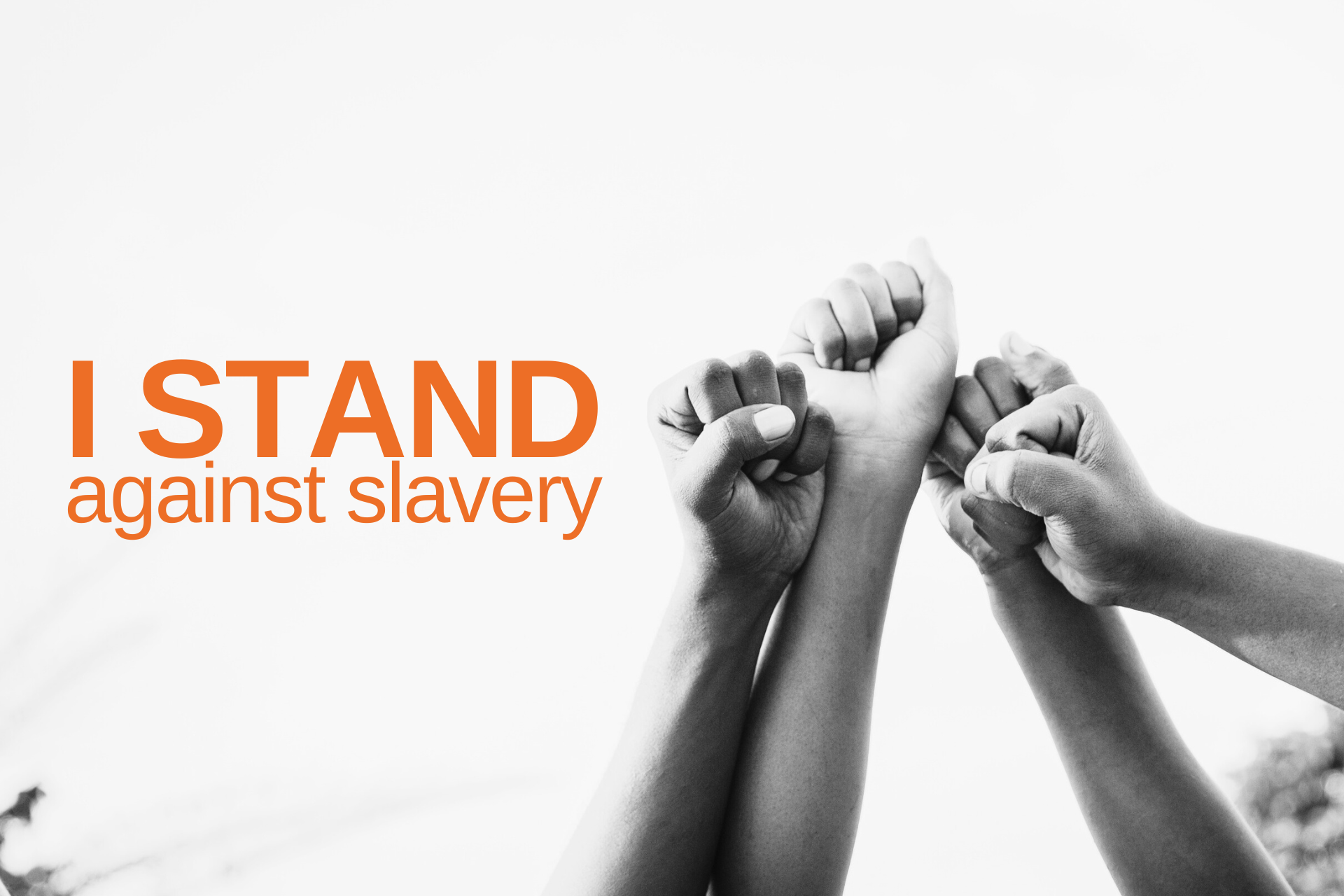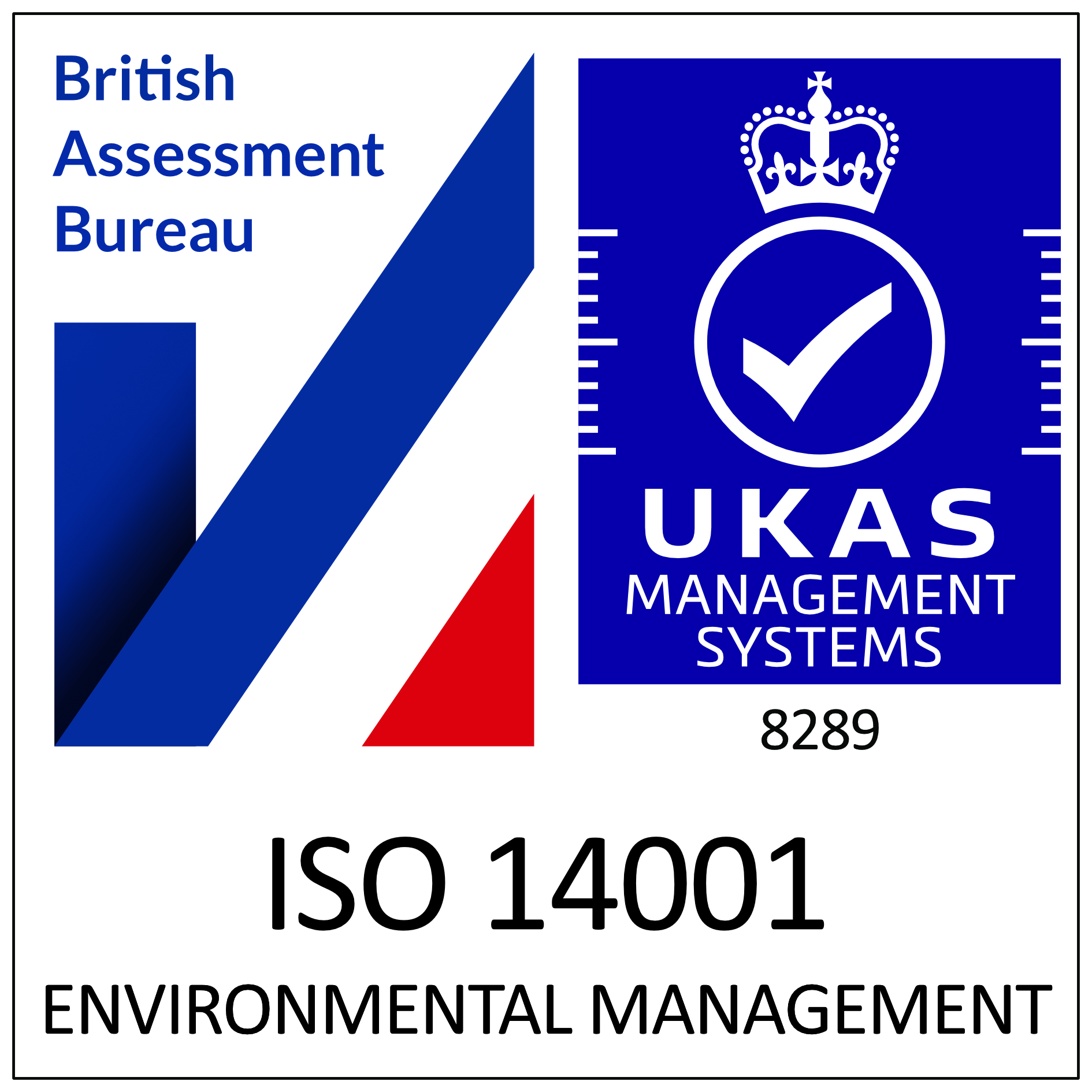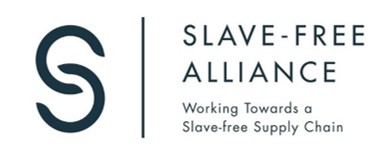Climate Crisis in Business: What Can We Do?
21 September 2022
Carbon emissions, business impact, and a sustainable future. Can we work together for a better tomorrow?
After experiencing some of the most extreme heat in the last few months, it is important to take a step back from the woes of the world and ask ourselves; what can we do to combat the climate crisis?
It’s easy to feel helpless as we experience ‘once in a lifetime’ weather events time and time again, but all is not lost.
- In 2019, 6 million people across the world joined in the global climate strike
- Over 325 million people worldwide pledged to go plastic-free in July 2022
- The price of electricity from solar energy declined by 89% in the last 10 years, making it more cost effective to go green
- The Great Barrier Reef has recorded the highest levels of coral cover in over 36 years
- Electric and Hybrid vehicles outsold diesel vehicles in September 2021, with demand increasing by 139%
- UK recycling rate for Waste from Households was 4% in 2020 (44% in England, 49.1% in Northern Ireland, 41% in Scotland and 56.5% in Wales)
- 80% of business executives are concerned with climate change
But there is still a long way to go …
Climate Crisis and the Impact on Businesses
With climate change impacting all areas of our lives it is inevitable that it would also impact our working environments.
It has been estimated that 80 million jobs will be at risk if temperature predictions materialise.
These temperature predictions aren’t something that is likely to have a direct impact on the UK labour market. But frequent ‘extreme’ weather conditions will continue to impact the market; whether that’s extreme heat, floods, snow, or wind.
Here at Smart, extreme weather conditions are something that we have found to have impacted our workforce:
- The July 2022 heatwave decreased our business by 17% on the hottest days
- The August 2022 heatwave decreased our business by 13% on the hottest days
- The so-named ‘Beast from the East’ had a 52% impact on our business
- Storm Dennis in 2020 impacted our business in Wales by 7%
Speaking of the direct impact that climate change has already seen on our business, our CEO Rob Webb said.
“The volatility of the environment and the unpredictability that comes with climate change offers a real challenge to our business. This begins with the safety of our workforce, followed by the communication and expectation piece surrounding our response, and then it’s the re-engagement piece.
The re-engagement piece has always been difficult, whether it is following big events where they physically cannot attend work, or if it’s the day following the World Cup Finals where they’ve celebrated too hard. Here, we need to focus on ensuring our communication and contingency planning are more sustainable to that we can manage these events.
For this reason, and for our permanent staff, we have adapted our model to offer a flexible working arrangement where appropriate to mitigate the risks and impact on our business that climate change poses.”
Why do we need to change?
There are many reasons why we need to adopt a sustainable business model. Most importantly is that it is in everyone’s best interest to do everything they can for the planet and its future.
Generally, it is important to become a sustainable company for our people; whether that is for their future, an improved working environment, heightened awareness, or even for improved mental health and reduced “eco anxiety” knowing that they’re working for a company that prioritises the planet.
The need to change is one that is supported by our Senior Management Team, and our CEO Rob Webb who said.
“During the pandemic we learnt a lot about how we can operate differently and more sustainably, with the move to online. Since then, we have improved and upgraded our systems to assist with accessibility and communication.
We have also ensured that, as a Senior Management Team, we are living and breathing our environmental objectives and meeting regularly to discuss their progress.
Creating a sustainable business is essential, for the climate and for our people and their future.”
What are Smart doing?
The path to our sustainability pledge hasn’t been easy. With the volatile recruitment market and a global pandemic, we recognise that we might’ve been slower in our response than we would’ve liked.
In the past few months, and with the affects of climate change directly impacting our business we have widely explored our carbon footprint and the steps we can take to reduce this, which include
- Becoming a fully paperless company
- ISO 14001 accreditation
- Explored ‘green recruitment’ and how to employ a more sustainable recruitment model
- Ensuring we have a green supply chain by auditing and making recommendations to any companies we work with
- Upcycling our PPE
We are also currently in the process of researching and implementing the following
- Switching all merchandise to sustainable materials
- Only using green marketing materials
- Planting a tree for each new permanent member of staff
- Virtual business cards
- Option of hybrid/electric company cars
We recognise our limitations as a business, and that our pledge will only go so far. For this reason, we strive to improve and educate our staff on how they can make an impact; whether this is in their own time, through one of their paid CSR days, or even getting them into the habit of recycling.
Offering a final word, our CEO Rob Webb said.
“The consolidation of our offices into a hub structure, a blended work program, reduced travel and move to paperless only scratch the surface of what businesses must do to reduce their impact on the planet.
We must all recognise that we are all key players in the fight against climate change, so we must all do all we can and however small to reduce our carbon footprint and help our planet recover.”











